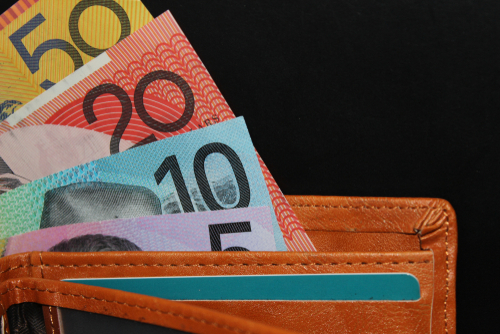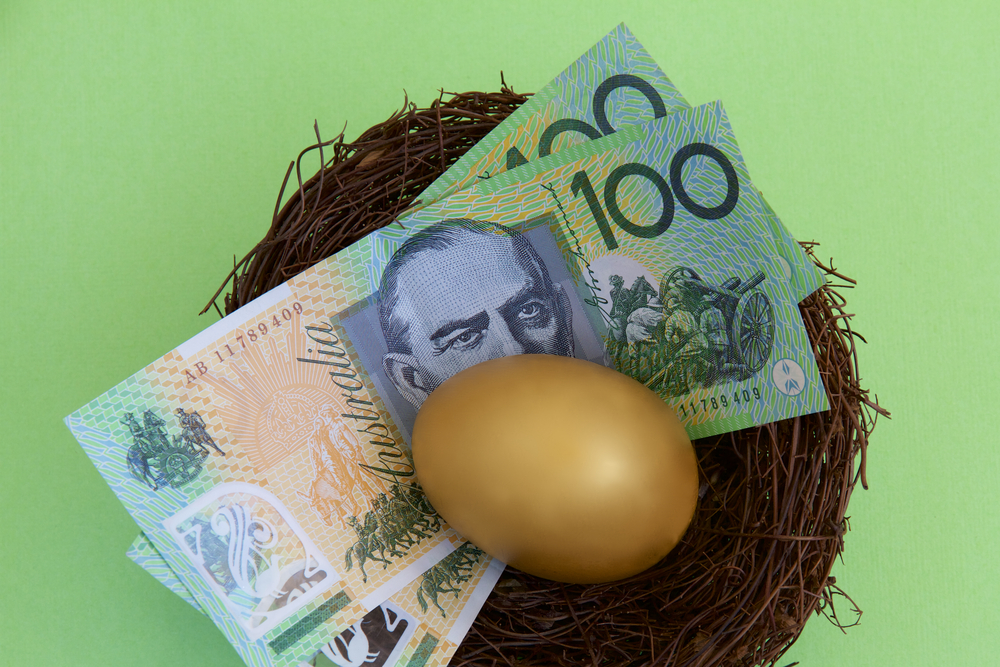Spending has taken a back seat yet upcoming tax cuts and energy bill relief could help improve appetites for shopping in coming months.
Figures on Tuesday showed a lacklustre 0.1 per cent lift in retail sales last month, which was a touch below expectations and not nearly enough to unwind a 0.4 per cent fall in March.
Australian Bureau of Statistics’ retail sales numbers have been trending flat, with less spending in the shops an expected consequence of a string of interest rate hikes.
Moody’s Analytics economist Harry Murphy Cruise said stage three tax cuts and new energy rebates would help family budgets recover some lost ground.
Yet he said that would not be enough to counter interest rates staying elevated for longer, probably December, to beat sticky inflation.
“The balance of all that? It’ll be close to a dead heat; we expect real retail sales to be flat through 2024,” he wrote in a note.
The April data pointed to less spending on non-essentials with clothing, footwear, and personal accessory retailing sinking 0.7 per cent.
The bureau’s head of retail statistics, Ben Dorber, said consumers were also reaching for cheaper booze and brought forward their spending on alcohol to the month prior for the earlier-than-usual Easter.
The timing of Easter in part explained the 0.5 per cent fall in food retailing, which followed a 0.8 per cent gain in the month before as people stocked up on food and drinks for the holiday.
Even when accounting for the volatility over April and March, Mr Dorber said underlying spending in most parts of the retail industry was weak.
National Australia Bank senior markets economist Taylor Nugent said the data would give the Reserve Bank confidence it was making progress to lighten excess demand for goods and services.
The central bank has been keeping interest rates elevated to slow the economy and bring down inflation which, at 3.6 per cent, remains above the two-three per cent target range.
Mr Nugent said the Reserve Bank was of the view consumption would pick up as household finances improved but probably not as much as would normally be the case, and there was a risk spending proved even weaker than expected.
“The retail data today will do nothing to dissuade them from that caution,” he said.
Poppy Johnston
(Australian Associated Press)




